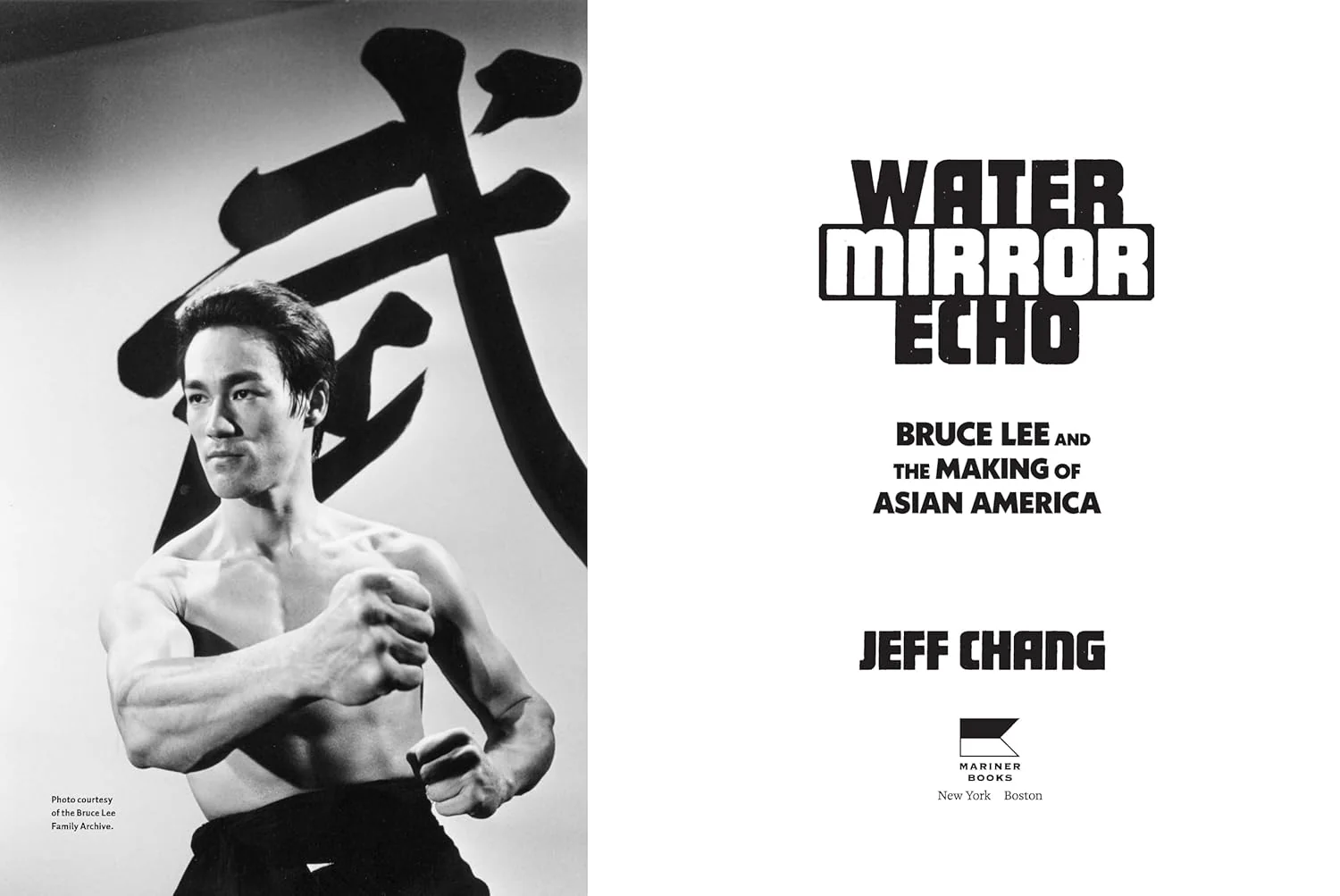Amy Tan rose to fame with the Joy Luck Club, drawing on her mother’s experience of leaving behind her previous family and migrating to America.
Now, joining other iconic writers such as Margaret Atwood and Neil Gaiman, Tan shares her secrets in a new MasterClass on Fiction, Memory, and Imagination.
“[If] you have seriousness and purpose, which is to understand yourself, human nature, the world, relationships and the conflicts that make us infinitely interesting,” says Tan in her introduction. “You will find the stories that you want to tell.”
Related:
 3 Chinese-American Films at This Year’s Sundance Film FestivalAmy Tan, the race for college, and how two nations handled a pandemicArticle Jan 24, 2021
3 Chinese-American Films at This Year’s Sundance Film FestivalAmy Tan, the race for college, and how two nations handled a pandemicArticle Jan 24, 2021
MasterClass has an impressive catalog of writing seminars, but Tan’s class offers something different, teaching viewers to extract fiction from their memories and life experiences.
Tan speaks from a home library, like an auntie who is chatting away about her life story after dinner. The class is divided into fourteen individual lessons with a focus on fictional prose, but also includes past rejection letters from editors, some exquisite sketches of birds, and behind-the-scenes clips from The Joy Luck Club film.
Tan’s first novel may have been a mainstream hit, but she too struggled with getting published in her early career.
“You have these demons,” says Tan. “And if you try not to see them, they’re almost more terrifying. What I wanted to do was steel myself for rejection, and to be able to say to myself that what I’m writing is worthwhile for me, that I’m finding meaning in it.”
Related:
 “The Joy Luck Club” Has Been Added to the US National Film Registry“It’s a whole different era,” says the film’s directorArticle Dec 17, 2020
“The Joy Luck Club” Has Been Added to the US National Film Registry“It’s a whole different era,” says the film’s directorArticle Dec 17, 2020
The intimate session ultimately covers a wide spread of subjects; how the thought of Tan’s grandmother, who was coerced into work as a concubine and passed away in 1925, powered her early writing. Or how to overcome writer’s block through ritual — a song, a place, a candle.
“You have to be motivated to perfect your craft even though it will never be perfect,” says Tan. “You will have to be willing to be dissatisfied with what you write. And then always in your life as a writer, be committed to making it better and more meaningful.”
Image: MasterClass


















